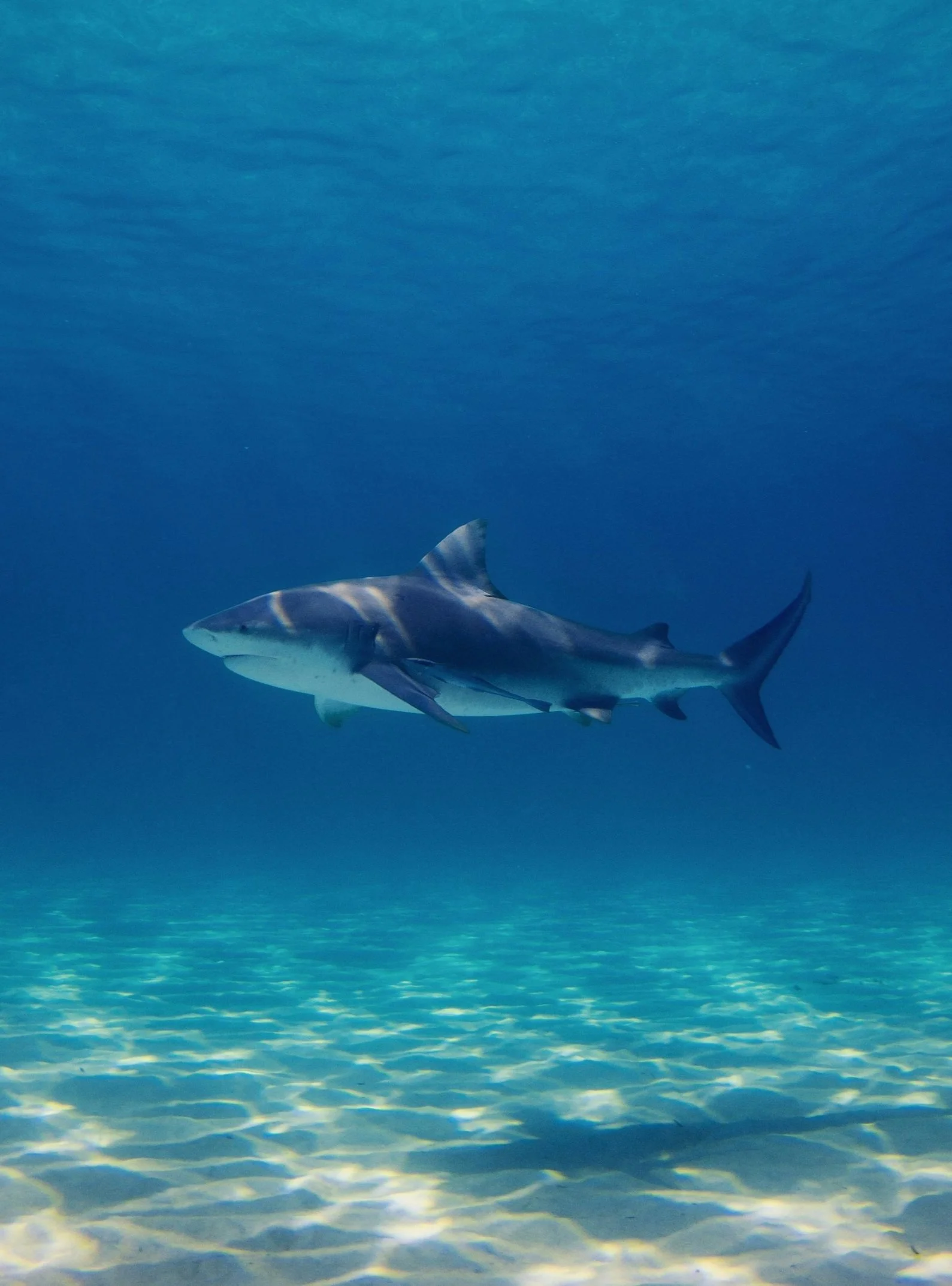Progress! Nations Push for Stronger CITES Protections for Sharks and Rays
In a promising move for marine conservation, seven proposals were put forward this month for consideration at the 20th meeting of the Convention on International Trade in Endangered Species (CITES) to strengthen protections for sharks and rays from commercial trade. The global wildlife convention will take place in November, when nations will vote on numerous proposals that address regulations for the international trade of plants and animals. If adopted, the recent proposals regarding the trade of sharks and rays would increase protections for more than 70 species. The measures already have the support of more than 50 nations, including the U.K., Panama, Ecuador, Brazil, Senegal, Benin, the Maldives, as well as the EU and its member states.
The proposals include uplisting endangered whale sharks, endangered oceanic manta rays, and critically endangered oceanic whitetip sharks—a species still caught and traded for their fins—from Appendix II to Appendix I, which would prohibit their international trade altogether. They also propose a temporary “zero quota” for critically endangered wedgefish and guitarfish rays, which are also hunted for their fins and currently listed under Appendix II. According to Luke Warwick, director of shark and ray conservation at the Wildlife Conservation Society (WCS), this “zero quota” approach works like an Appendix I listing but is typically used for species that could recover more quickly if trade is halted for a decade or so.
The proposals will be decided at the November COP meeting, where they must secure a two-thirds majority vote from the 185 signatory nations, known as Parties, to pass.
While these measures may face resistance from some fishing nations, they mark the first attempt to move heavily traded sharks and rays to Appendix I—a historic step and a clear signal of growing global awareness that stronger protections are urgently needed, especially for species devastated by the shark fin trade. But this is only the beginning. We believe all threatened shark species deserve the highest level of protection under CITES to finally end the brutal and unsustainable shark fin trade.
Please add your voice today—sign and share our petition calling on CITES to ban the international shark fin trade under Appendix I protections. Together, we can help turn this momentum into real change for sharks and our oceans.

